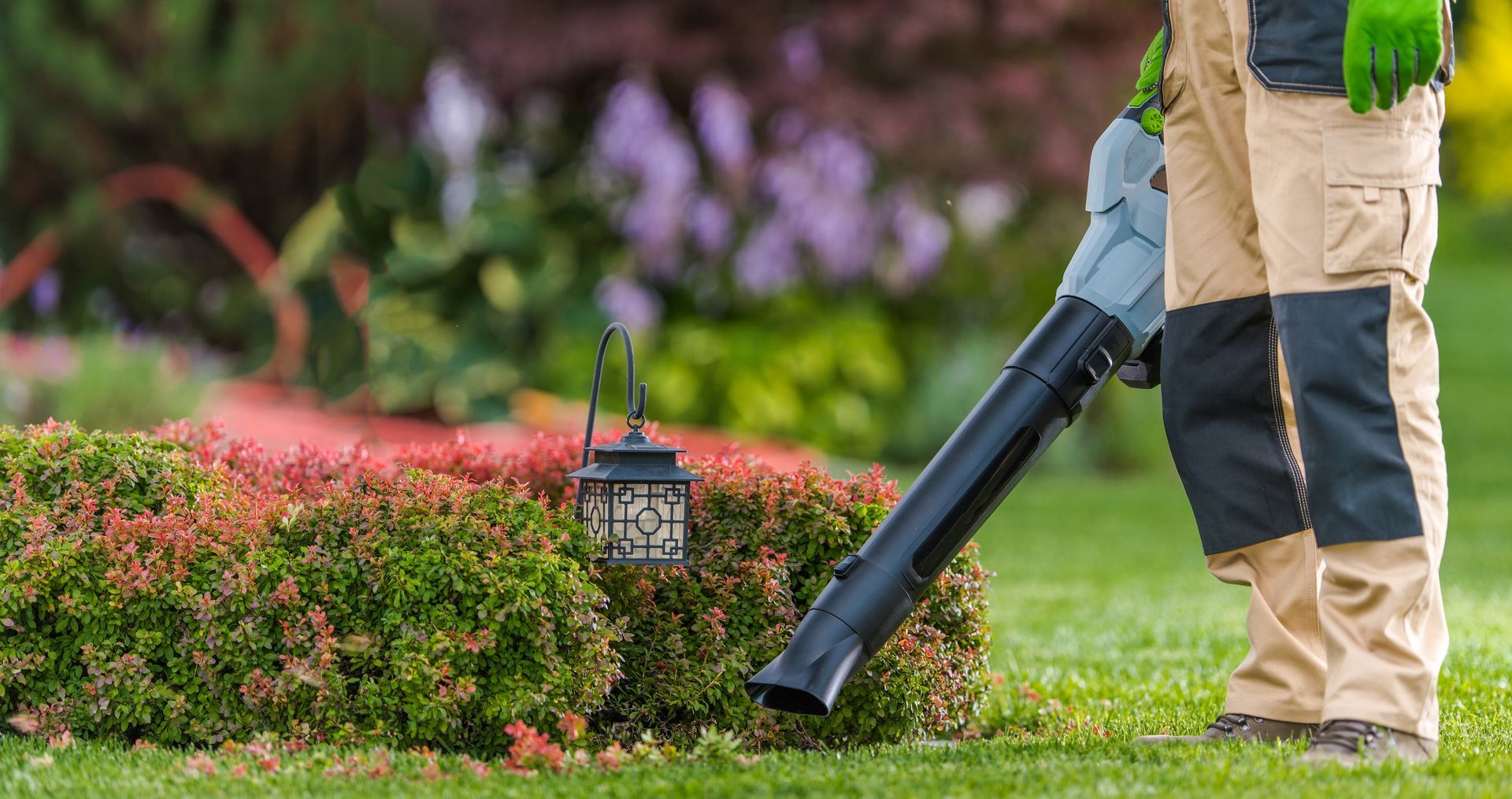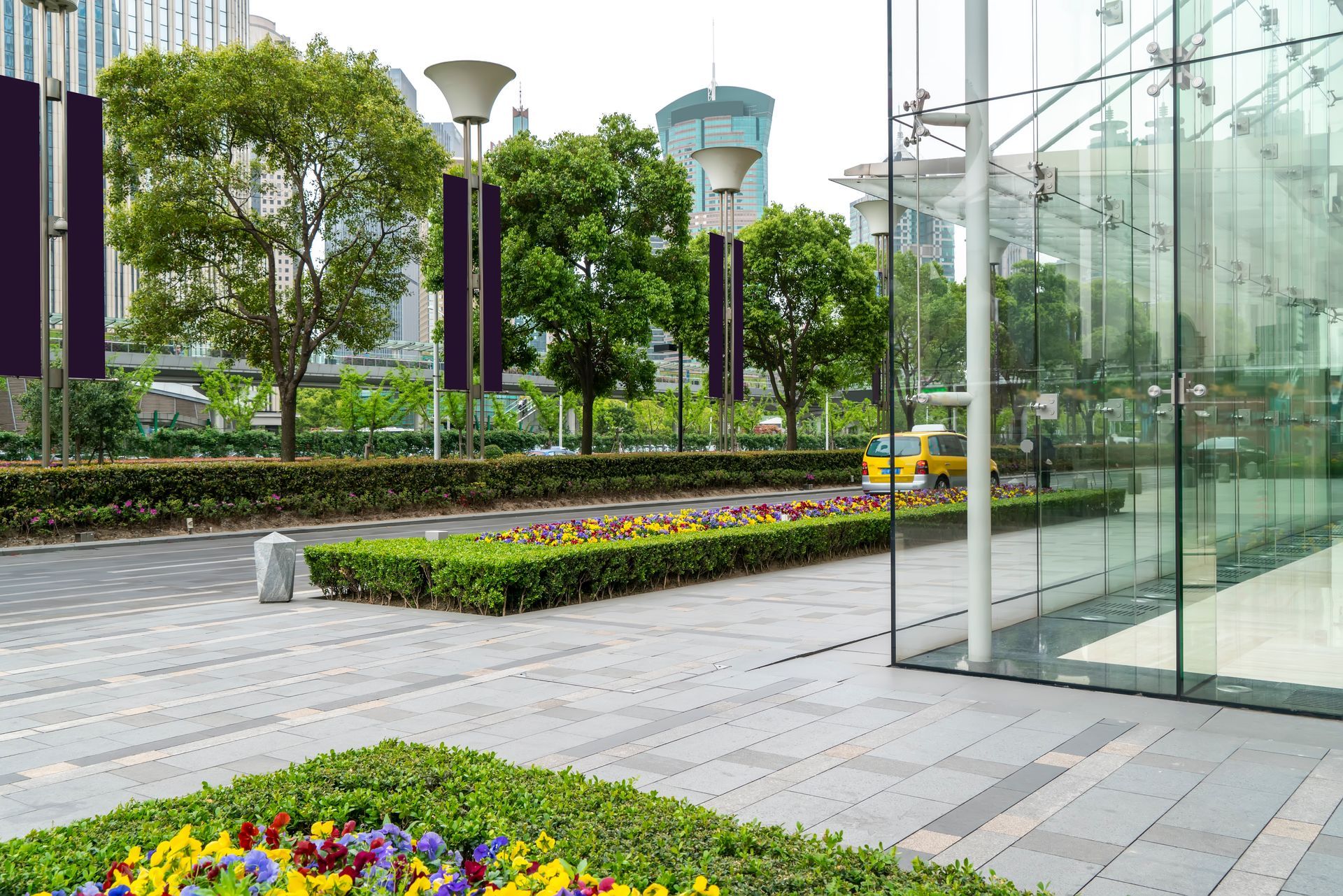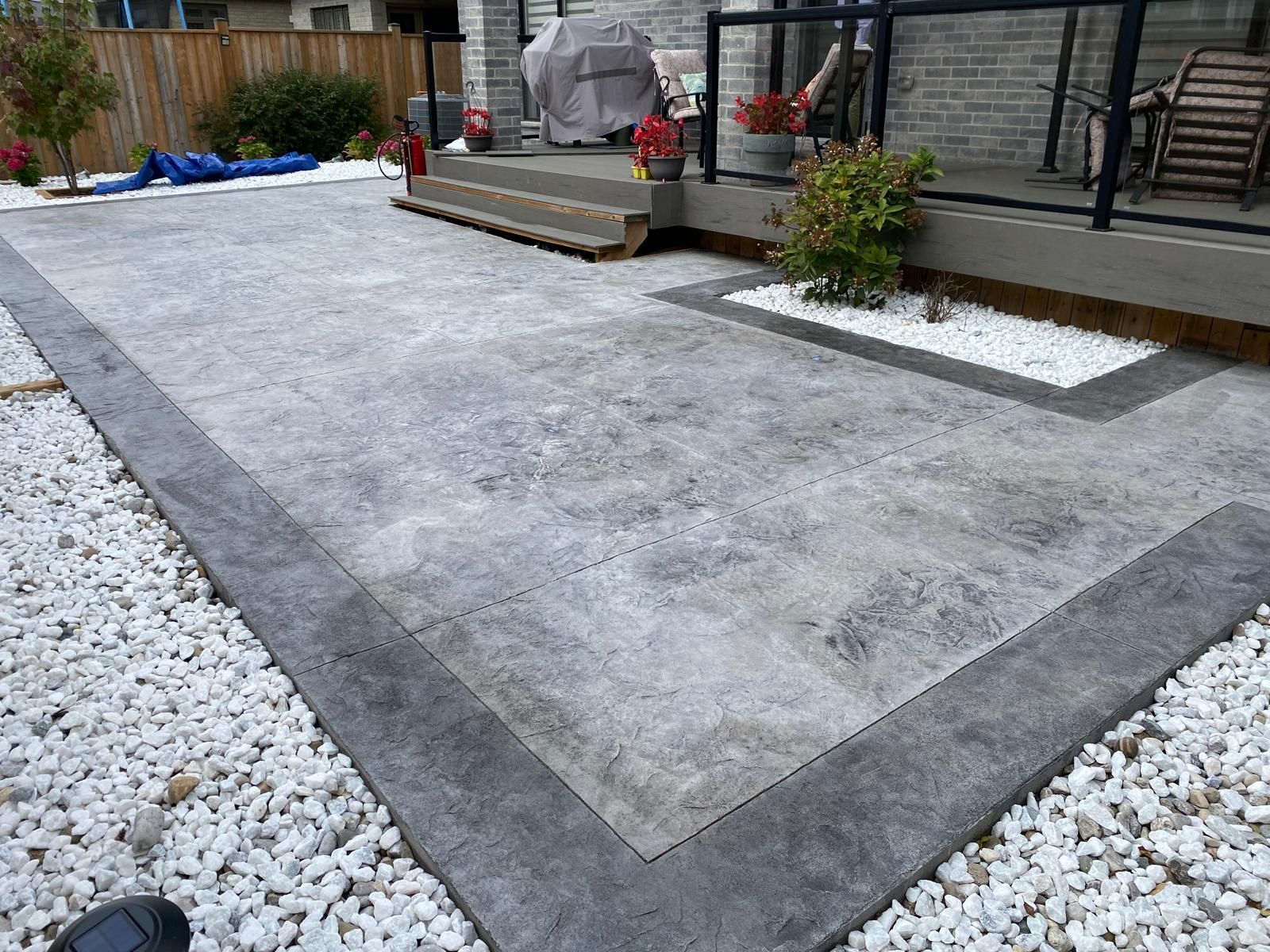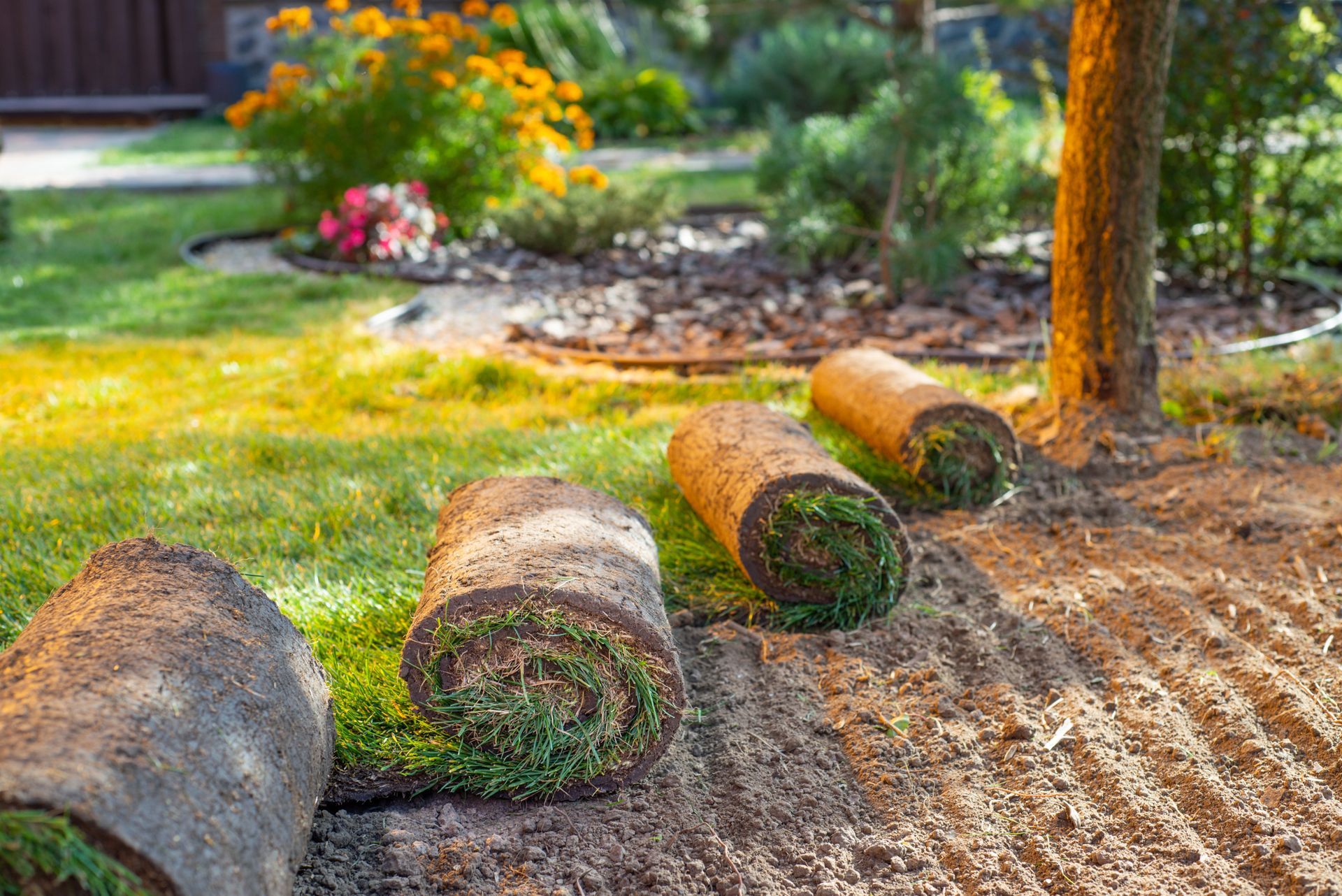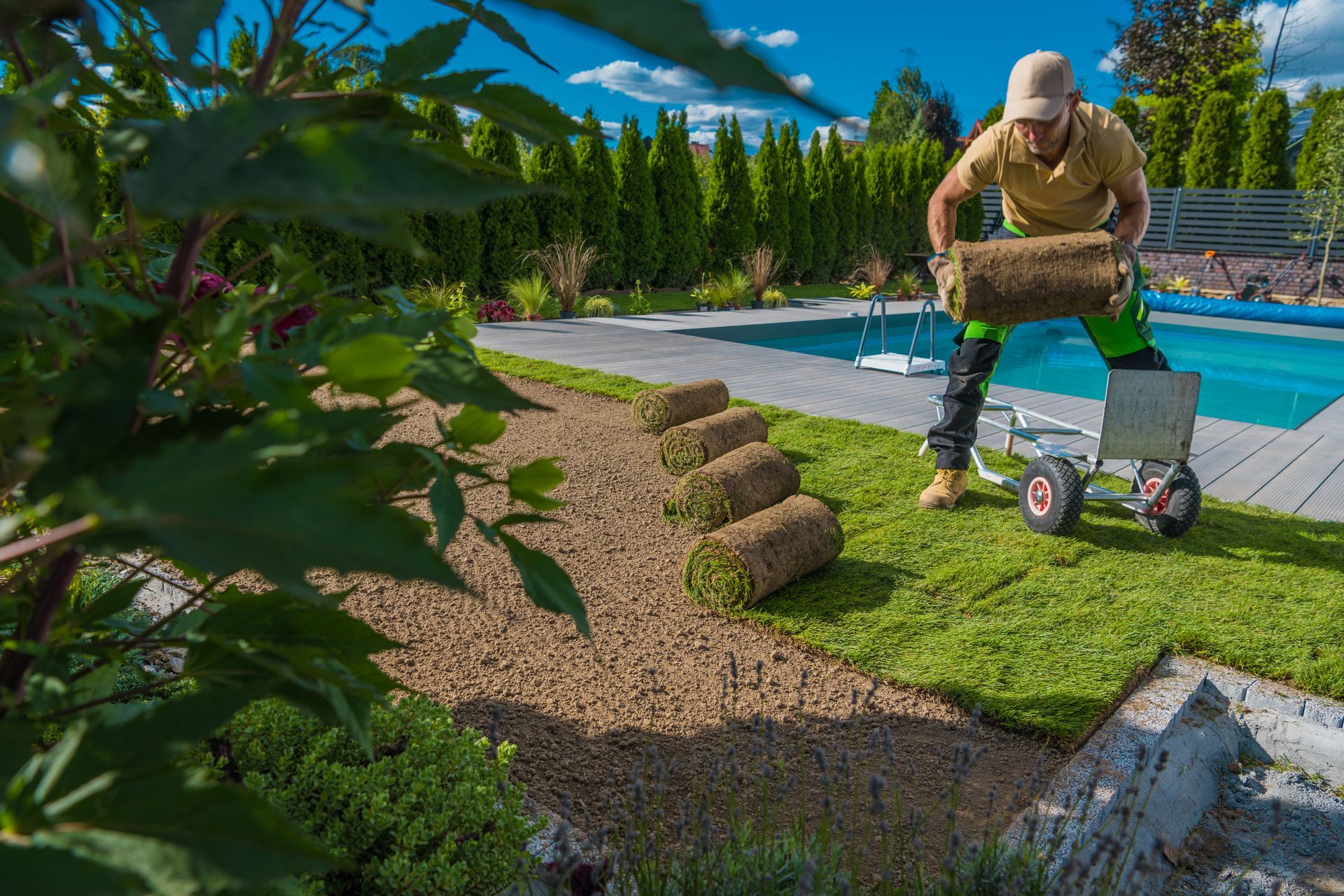Importance of Integrated Pest Management in Residential Landscape Maintenance
Proper maintenance of your residential landscape involves much more than simply mowing the grasses or trimming the shrubs; it also involves pest management. With the growth in environmental consciousness and the quest for more sustainable practices, Integrated Pest Management (IPM) has gained immense popularity.
Now, many wonder, what is IPM? And why is it so critical in residential landscape maintenance? Through this blog, Wildroses Landscaping will provide an in-depth exploration of these essential questions.
Understanding Integrated Pest Management (IPM)
In simple terms, Integrated Pest Management is an effective and environmentally sensitive approach to pest control. It neither relies solely on chemical treatment nor completely precludes the use of pesticides. Instead, it integrates different methods, such as biological control, habitat manipulation, and modification of cultural practices to manage pest populations and keep damages at a minimal level.
Why Use IPM in Residential Landscape Maintenance?
Environmental Sustainability
Firstly, IPM promotes environmental sustainability. Traditional pest management often involves chemicals that, while effective at killing pests, can potentially harm the environment. In contrast, IPM minimizes environmental impact by incorporating non-chemical methods and utilizing pesticides judiciously only when necessary.
Cost-Effectiveness
IPM can also be a more cost-effective approach to pest management. By preventing pest problems from escalating and causing widespread damage, IPM can save homeowners significant repair costs. Moreover, using IPM's preventative measures can reduce the need for expensive, high-volume pesticide applications.
Preservation of Beneficial Insects
Not all insects in your landscape are harmful. Many are beneficial, aiding in tasks like pollination or biological control of pests. IPM allows for the preservation of these beneficial insects. By adopting IPM, the use of broad-spectrum pesticides is limited, protecting non-target beneficial insects and contributing to a more balanced and healthier ecosystem.
Enhanced Plant Health
IPM techniques are not only pest controlling but also promote plant health. Practices like removing infected plant parts, promoting healthy soil, or enhancing your landscape's diversity make your plants less appealing to pests and more robust against diseases.
Implementing IPM in Your Residential Landscape: A Wildroses Landscaping's Approach
Our team at Wildroses Landscaping firmly believes in adopting an IPM approach in all our residential landscape maintenance services. Here’s how we apply this concept:
Monitoring
We begin by closely monitoring your landscape to understand the types of pests present, their population levels, and their life cycles. This information helps us identify the most effective interventions and timing for their implementation.
Preventive Cultural Practices
We adopt preventive techniques such as using disease-resistant plant varieties, ensuring proper watering and fertilization, employing proper sanitation practices, and pruning to prevent pest infestations.
Biological Control
Where appropriate, we leverage biological control methods, which involve using natural predators and pathogens to control pests.
Pesticides as a Last Resort
Only if all other methods have been exhausted, we may resort to pesticides. Even then, we use these substances judiciously, selecting those that are least harmful to non-target organisms and the environment.
To Summarize: IPM, a Comprehensive Solution
Integrated Pest Management is not just about managing pests – it is about the sustainable, effective, and overall management of your landscape’s health. At Wildroses Landscaping, we understand and appreciate the intricacies of this approach. We integrate it into our services, allowing us to provide you not only with a pest-free landscape but also a healthy, beautiful, and sustainable outdoor living space.
Ready to incorporate IPM into your residential landscape maintenance? Connect with Wildroses Landscaping today for professional, reliable, and sustainable landscape solutions. Our expert team awaits you to discuss your goals and craft an effective, tailored plan. Choose Wildroses Landscaping, and invest in a company that prioritizes environmental responsibility and customer satisfaction.

